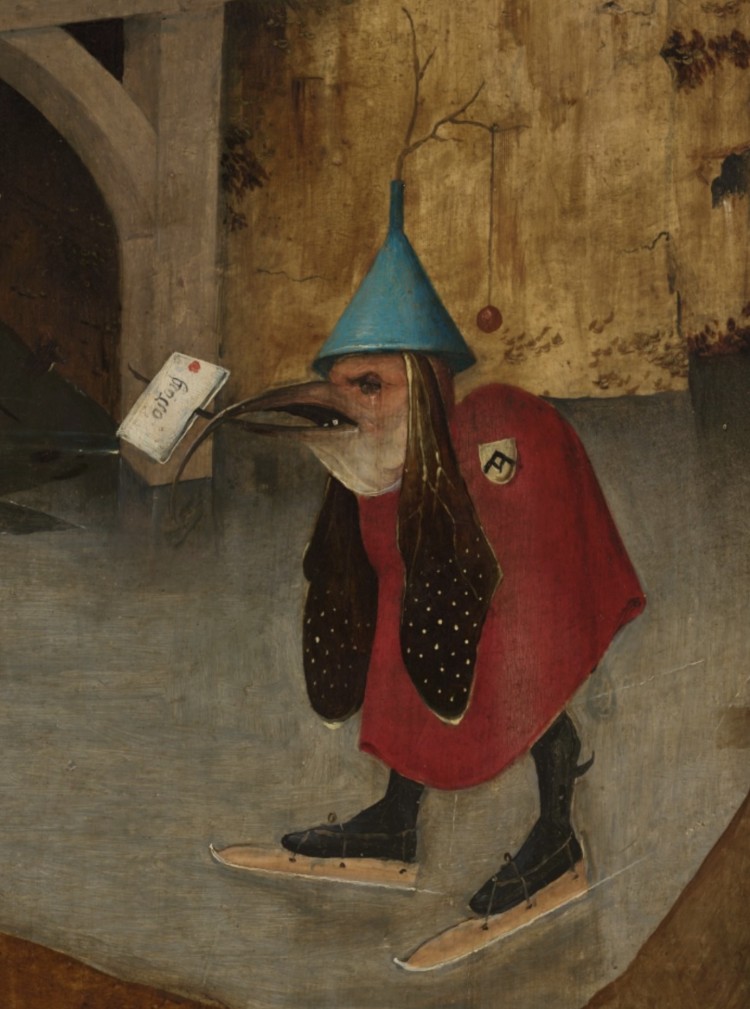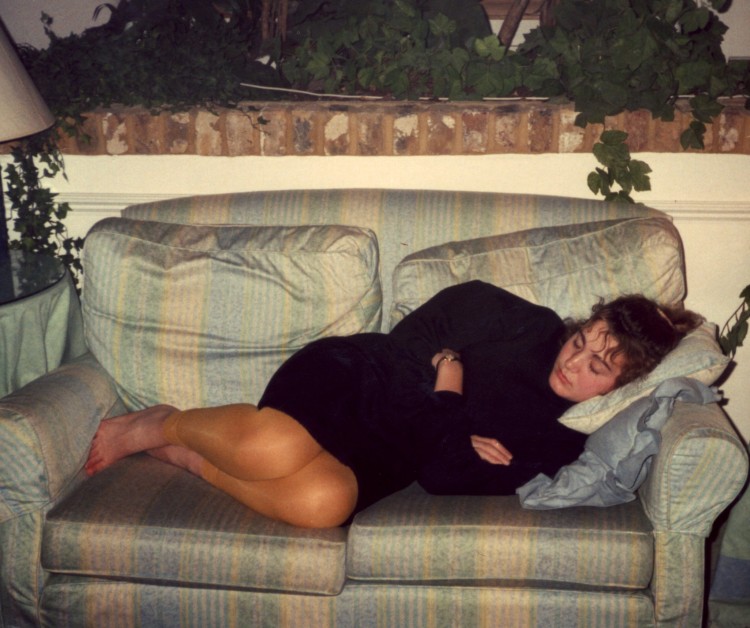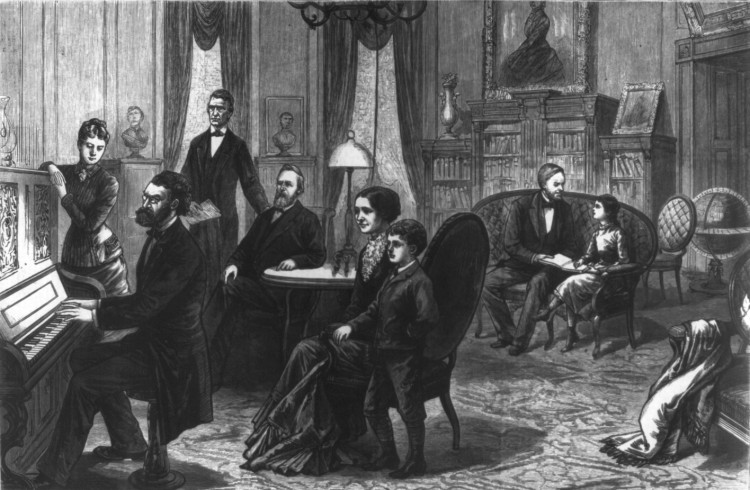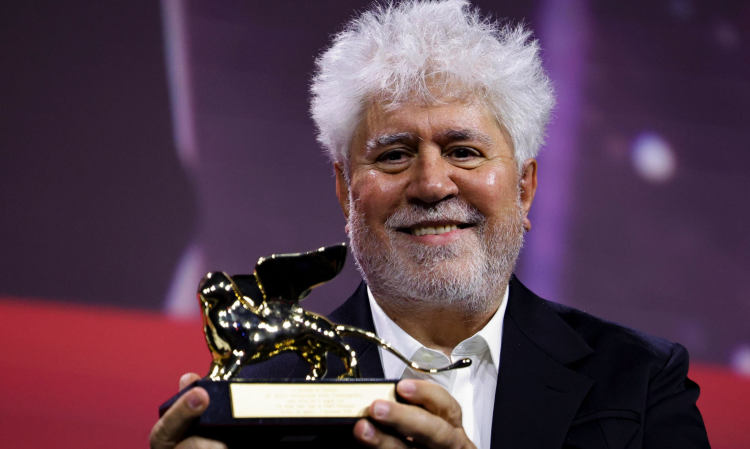'Ana' blog by Ana Estrada

Ana Estrada
From 2019 to 2024, the personal blog of the psychologist Ana Estrada, typed with the one finger she could move, became a focal point of the debate on assisted dying in Peru. A chronicle of Estrada’s life with polymyositis and in palliative care, the blog supported her successful appeal for the right to die, creating a legal precedent in her country and sparking discussion far beyond.
'Cartas desde el infierno' by Ramón Sampedro

Ramón Sampedro
A collection of letters, poems, and essays, Ramón Sampedro’s ‘Cartas desde el infierno’ constitutes a philosophical treatise on the ethics of euthanasia. Written over decades – between the 1968 accident that left Sampedro tetraplegic and the 1996 first edition – the book became a landmark work on the right-to-die debate, influencing the 2021 legalization of assisted death in Spain.
'Dying: A Memoir' by Cory Taylor

Cory Taylor
Written as Cory Taylor was dying, this memoir explores her relationship with death, her perspective on her family and childhood, and her wish, illegal in Australia at the time, that she could have an assisted death with her family present. Media coverage of the book focused on Taylor’s detailed argument for legalisation and her quietly confrontational confession about ordering Nembutal from China.
'Ein Mann seiner Zeit' by Roswitha Quadflieg

Roswitha Quadflieg
Roswitha Quadflieg’s novel tells the story of Paul Gärtner who, in his mid-seventies and reliant on a wheelchair after battling cancer, records his life story and advocates for the right to access sodium pentobarbital for those seeking to end their lives on their own. The novel was received with praise from advocacy groups in Germany and Switzerland.
Facebook posts and livestreams by Fu Ta-Jen and Fu Chun-Hao

Fu Ta-Jen, Fu Chun-Hao
Taiwanese broadcaster Fu Ta-Jen, diagnosed with pancreatic cancer, chose to have a physician-assisted death in Switzerland on June 7, 2018, with witnesses present. While there is no existing law regarding assisted dying in Taiwan, his decision sparked societal debate on the right to die, largely fueled by his continuous advocacy on Facebook.
'Los' by Tom Naegels

Tom Naegels
Antwerp journalist Tom’s grandfather, Bob, has cancer and would like to receive euthanasia. However, he does not meet the criteria of hopeless and unbearable suffering set by Belgian law. Although Tom and his mother advocate for Bob’s right to self-determination, this has little effect. The novel provides a critical reflection of the criteria outlined in Belgian euthanasia law.
The last words of María Benito

María Benito
After a legal battle to ratify her right to refuse treatment, María Benito had her artificial vital support systems removed and died, becoming the second person in Peru to win a constitutional appeal for the right to die. Benito’s last words, communicated via a device that tracked her eye movements, were first shared on social media and then reported by multiple news sources.
'TI SI WHAT TI SI' by Paola Roldán

Paola Roldán
Published two years before her constitutional victory for the right to die, Paola Roldán’s memoir narrates her journey of self-discovery and of living with ALS, a chronic disease that left her paralyzed and dependent on a respirator. Dedicated to her son and having a spiritual dimension, the 2022 book helped promote Roldán’s plea for self-determination in Ecuador’s religious-political landscape.
'A Good Way to Die?' by Tash Christie and Dan Salmon

Tash Christie & Dan Salmon (prods.), Andrew Merrifield (dir.)
This mainstream documentary, produced when assisted dying was illegal in Aotearoa/New Zealand, follows the stories of four people who would like the option to end their lives on their own terms. Its idiosyncratic combination of confronting subject manner and light mood demonstrates the complexity of requests for assisted dying.
'Ana' photographs by Jessica Alva Piedra

Jessica Alva Piedra
Between 2019 and 2020, the Peruvian photographer Jessica Alva Piedra collaborated with the psychologist Ana Estrada to portray Estrada’s life with polymyositis and in palliative care. The resulting photos, a testimony to Estrada’s agency to represent her own body while advocating for the right to die, appeared in Estrada’s blog, in a photobook, and in media outlets around the world.
'Bhangaar | Obsolete' by Sumira Roy

Sumira Roy (Director)
This quiet documentary displays the daily lives and material reality of octogenarian couple Narayan and Iravati Lavate who rose to prominence in 2018 for their plea to die by state-sanctioned euthanasia despite being physically and mentally healthy. The film humanizes Narayan and Iravati, showing the legal, societal and ethical resistance to their desire to “die with dignity.”
'De Goede Dood' by Wannie de Wijn

Wannie de Wijn (director)
When Bernard, who suffers from lung cancer, chooses to have an assisted death, his decision exacerbates tensions within his family, who gather on his final day. This film portrays a range of human responses to assisted death, thereby exploring grief and inviting audiences to reflect on assisted death.
'Fade to Black' by Jeremy Ervine

Jeremy Ervine (dir.)
After learning that his oesophageal cancer has spread to his lungs, petrol station chain CEO Peter Short becomes the face of an Australian Senate assisted dying bill. This crowd-funded documentary recounts his political campaign, and his (unassisted) death, featuring interviews from Short’s family alongside ones from politicians and activists from both sides of the Australian right-to-die debate.
Guzaarish by Sanjay Leela Bhansaali

Sanjay Leela Bhansaali (Writer and Director)
‘Guzaarish’ is a Bollywood film about Ethan Mascarenhas, a quadriplegic radio jockey who faces legal and public pushback after petitioning for state-sanctioned euthanasia. Structured around a legal battle, ‘Guzaarish’ is a comedy, romance, drama, and a musical starring two of Bollywood’s biggest stars. The film introduced India’s cinema-going audience to assisted death.
'How To Die: Simon's Choice' by Rowan Deacon

Rowan Deacon (director)
This primetime television documentary follows UK resident Simon Binner, diagnosed with an aggressive form of motor neurone disease (also known as amyotrophic lateral sclerosis), as he and those around him deal with his swiftly progressive illness and his decision to end his life through an assisted death in Switzerland.
'Last Cab to Darwin' by Jeremy Sims

Jeremy Sims (director and writer), Reg Cribb (writer)
Loosely based on real events in the mid-1990s during a brief period when voluntary assisted dying was legal in Australia’s Northern Territory, this fiction film follows terminally ill taxi driver Rex as he drives 3,000km north to Darwin to try to become the first person in the world to die using an assisted dying machine.
'Les mots de la fin' by Gaëlle Hardy

Gaëlle Hardy (director and writer), Agnès Lejeune (director and writer)
Marking almost twenty years since the introduction of euthanasia in Belgium, this documentary provides insights from the office of Dr Damas, a physician responsible for assisted dying in a Belgian public hospital.
'Marieke, addicted to life' by Pola Rapaport

Pola Rapaport (director)
The Belgian wheelchair athlete Marieke Vervoort suffered from progressive myelopathy, a rare degenerative muscle disease. The winner of multiple medals at the 2012 and 2016 Paralympic Games experienced increasingly unbearable pain and chose to pass away through euthanasia in 2019, which is presented in a positive light. As a public figure, her case sparked widespread debate in the media.
'Miele' by Valeria Golino

Valeria Golino (Director), Valia Santella (Writer)
In Valeria Golino’s ‘Miele’, Irene illegally assists in the deaths of terminally ill individuals. Her understanding of her work is challenged, however, when she meets Carlo who wishes to die but is physically healthy. The film is more interested in Irene’s internal conflict than in advancing a position for or against assisted dying, yet it nonetheless explores various opinions and experiences.
'Simon' by Eddy Terstall

Eddy Terstall (director and writer)
Free-spirited Amsterdam resident Simon suffers from cancer and requests euthanasia, which is possible under Dutch law. The doctor complies with Simon’s request. The film represents euthanasia as one of the major achievements of a free and liberal society, with several progressive politicians citing it as a reflection of Dutch freedoms and values.
'The Room Next Door' by Pedro Almodóvar and Sigrid Nunez

Pedro Almodóvar
Spanish director Pedro Almodóvar’s 2024 adaptation of American author Sigrid Nunez’s novel ‘What Are You Going Through’ (2020) recounts Ingrid’s decision to care for her dying friend. The film portrays assisted dying positively by framing Ingrid’s decision to assist her friend’s death as motivated by compassion as legalization is being debated in the state of New York.
'Truelove' by Charlie Covell and Ian Weatherby

Charlie Covell and Ian Weatherby (created by)
A group of schoolfriends reconnect in their 70s at a friend’s funeral and promise to assist each other to die if and when the time comes; when one of them gets cancer, their pact is tested. In the complex drama that emerges assisted dying is used both to explore moral issues and as a plot device in a police thriller.
'You Don't Know Jack' by Barry Levinson

Barry Levinson (director), Adam Mazer (writer)
‘You Don’t Know Jack’ recounts the period in Dr. Jack Kevorkian’s life between 1990 when he assisted in the death of Janet Adkins and 1998 when, after assisting in over 100 deaths, he was convicted of second-degree murder for assisting in the death of Thomas Youk. The film portrays the controversial Kevorkian in a very flattering light, as an underdog and hero, and, above all, a caring doctor.
'GOTT. Ein Theaterstück' by Ferdinand von Schirach

Ferdinand von Schirach
After the death of his wife, 78-year-old Richard Gärtner wants to end his life by assisted suicide, although he is in perfect health. In the form of a meeting of the German Ethics Council, the play questions whether it is ethically justifiable for a doctor to help a healthy person take their own life and lets the audience vote on it.
'Sarco' by Philip Nitschke

Philip Nitschke
In 2017, Philip Nitschke created the Sarco suicide capsule to offer an autonomous, ‘euphoric’ death via nitrogen-induced hypoxia. Promoted as an expression and facilitator of personal freedom, its sci-fi design and 3D-printability raised ethical, legal, and safety concerns. First used in Switzerland in 2024, Sarco sparked debate over assisted dying laws and medical oversight.